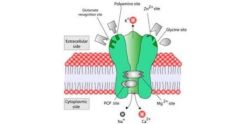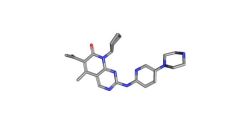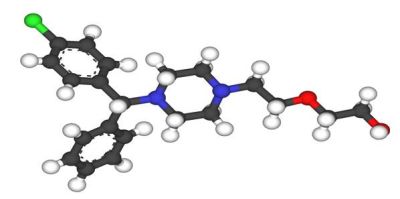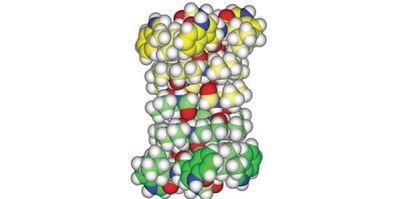Cell biologists at UT Southwestern Medical Center have used the molecule 6-thiodG to target telomeres. The molecule takes advantage of the cell's biological clock to kill cancer cells and shrink tumour growth.
Dr. Jerry W. Shay, Professor and Vice Chairman of Cell Biology at UT Southwestern and the Associate Director of the Harold C. Simmons Comprehensive Cancer Center, and Dr. Woodring E. Wright, Professor of Cell Biology and Internal Medicine, found that 6-thio-2’-deoxyguanosine could stop the growth of cancer cells in culture and decrease the growth of tumours in mice. Both are co-senior authors of the paper which appears in the journal Cancer Discovery.
According to Dr. Shay, very low concentrations of 6-thiodG showed broad efficacy across a range of cancer cell lines as well as tumour burden shrinkage.
The molecule targets a unique mechanism that regulates how long cells stay alive. This is a type of biological clock that is defined by the DNA structures known as telomeres. Telomeres cap the end of the cell's chromosome to protect it from damage and become shorter every time the cell divides. If the telomeres are shortened to a critical length, it becomes impossible for the cell to divide further and it dies through a process called apoptosis.
Telomerase protects cancer cells from this death and that is precisely why it has been the subject of significant research and a potential target for cancer therapy. Several drugs that block the action of telomerase have been developed, but in most cases, these drugs have to be administered for long periods of time to be able to trigger cell death and shrink tumours. Long duration of treatment leads to considerable toxicities. Also, despite the fact that telomerase is a universal oncology target, there are very few telomerase-directed therapies that are currently in human clinical trials.
This molecule holds
promise. “Since telomerase is expressed in almost all human cancers, this work
represents a potentially innovative approach to targeting telomerase-expressing
cancer cells with minimal side effects on normal cells,” said Dr. Shay. “We
believe this small molecule will address an unmet cancer need in an
under-explored area that will be rapidly applicable to the clinic.”
Source: UT Southwestern Medical Center
Image Credit: Wikimedia Commons
























